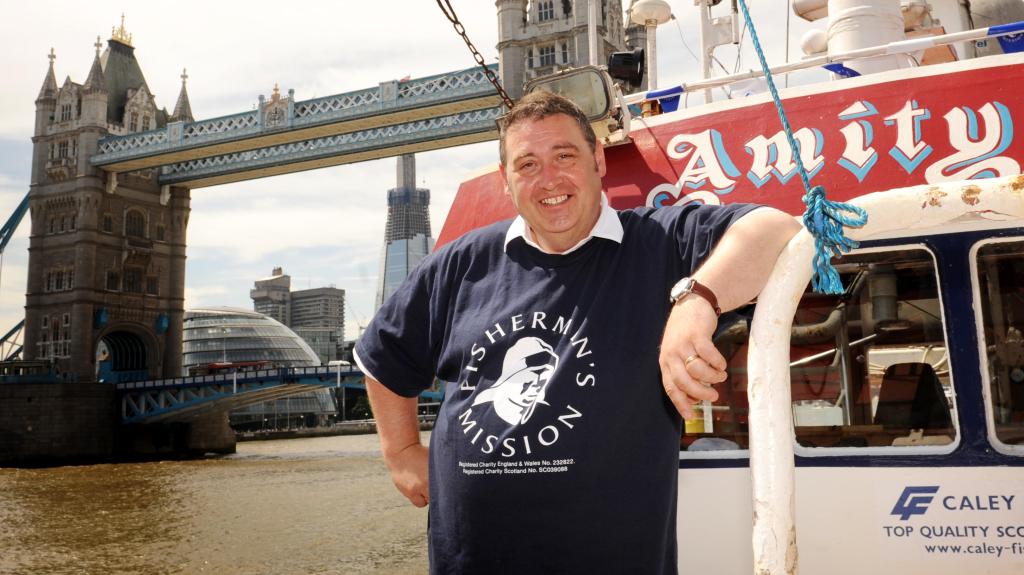Are Entain Shares a Worthwhile Investment?
Entain, the prominent betting company behind brands like Ladbrokes and Coral, has experienced significant fluctuations in its share price throughout the year. In August, the FTSE 100 stock fell to approximately £5 as the company sought a new chief executive. However, since Gavin Isaacs, an industry veteran, took the helm in September, the shares have surged over 25%. This raises the question: Can the new CEO revitalize the betting company’s performance?
The recent years have been challenging for Entain, as the business tackled a decline in online betting following the pandemic, a cost-of-living crisis, and unfavorable sports outcomes that affected the entire sector in 2022.
Under Isaacs, who brings over 25 years of experience to the role, the company saw a positive turn soon after he started. For the third quarter that ended in September, Entain reported a 10% increase in net gaming revenue on a constant currency basis, and it revised its profit projections upward. The adjusted cash profit is now anticipated to be in the range of £1.04 billion to £1.09 billion.
Originating as GVC in 2004 under former chief Kenny Alexander, Entain has expanded into one of the largest betting enterprises globally through a series of acquisitions. It currently oversees various brands including BetCity, Bwin, Coral, and Eurobet, alongside gaming platforms like Foxy Bingo, Gala, Partypoker, and Partycasino.
The majority of Entain’s revenue is generated in the UK, which contributed around £2 billion to its total £4.8 billion in annual sales last year. Other significant revenue streams included approximately £515 million from Australia and New Zealand, £517 million from Italy, and £1.4 billion from various European countries, particularly Croatia, Belgium, the Netherlands, Georgia, Germany, and Spain. The remaining £340 million came from the rest of the world, primarily from Brazil and Canada.
The company also operates TAB NZ through a strategic partnership and has a 50-50 joint venture in the US with MGM Resorts called BetMGM, which has been a controversial area for some shareholders. Activist investor Ricky Sandler, who holds a 6.4% stake in Entain and has joined the board, previously urged the company to consider selling its stake in BetMGM.
In the previous year, Sandler’s letter to the board suggested exploring the sale of part or all of the BetMGM stake. However, calls for its divestment have quieted as signs of progress begin to surface. The third quarter saw an impressive 18% growth in net gaming revenue for BetMGM, with a stabilization in market share, currently around 15% as of late September.
This positive trend bodes well for Entain’s aspirations in the US market, where it aims for a targeted market share of 20% to 25%. Analysts at Shore Capital estimate that BetMGM will incur a net loss of £112 million in the 2024 financial year; this is largely due to adverse sports results affecting the industry. However, losses are expected to decrease significantly the following year, with projections indicating the venture could turn profitable by 2026 and contribute over $500 million in adjusted cash profits in the medium term.
Despite potential risks associated with Entertain’s American strategy, particularly due to intense competition, the path towards profitability for BetMGM might lead to a reevaluation of the share price. Currently, the company trades with a forward enterprise value to adjusted cash profit ratio of just 8.3. In comparison, rival Flutter’s ratio stands at 21.7. Given the substantial growth potential in the US market and leadership from an experienced CEO, Entain holds promise for investors prepared to retain their shares for the long haul.
FirstGroup
While the government develops its vision for a nationalized railway system, FirstGroup, one of the few remaining publicly listed private train operators, is building a portfolio of independent services beyond these ambitions.
The £978 million group has recently acquired another “open access” operation to offer train services between London and southern and western Wales, alongside plans for additional non-state-owned services from London Paddington to Devon and the West Country. This move follows their £90 million acquisition of RATP’s bus operations, expected to enhance bus division revenues by roughly 30%.
A more diversified revenue stream that reduces dependence on government contracts is favorable for investors. Although RATP is currently operating at a loss and, like other London bus operators, faces rising labor costs, the deal is projected to be earnings-neutral for the 2025 and 2026 financial years.
The acquisition is backed by around £100 million in physical assets, including approximately £50 million in freehold property, with the remainder comprising buses and other equipment. As the integration progresses, the group anticipates cost savings through improved efficiencies in back-office operations, which, combined with contract renewals, could enhance profit margins.
After these acquisitions, adjusted net debt to adjusted cash profits is projected to be approximately 0.5 times by the 2026 financial year, excluding resources tied to rail and rail leases, according to estimates from Panmure Liberum. This provides the group with sufficient flexibility to invest in growth and future acquisitions.
This column last advised an “avoid” rating for FirstGroup in early July when shares traded around 166p, shortly before falling to a year-low of 133p in October. The stock has since rebounded as details of Labour’s nationalization strategy have surfaced alongside progress on its open access initiatives. Given the improved diversity in revenue, the current forward price-earnings multiple of 8.9 appears more justified. Advice: Hold, citing a stronger portfolio mix.




Post Comment